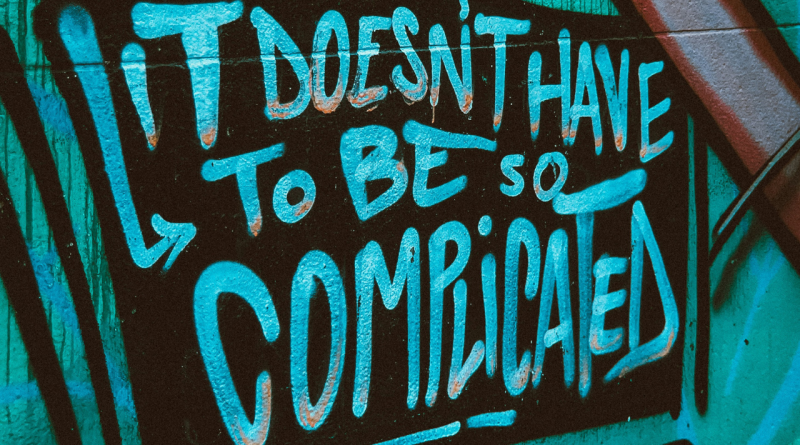Relationships: It’s Not Always Simple
By Medha Gupta
“Am I the only one who feels this way about their partner/parents? Does it happen to others?”
“Is this normal?”
“I want to leave, but I don’t know if I can or should.”
“Am I the problem here?”
The thing about complex relationships is that other than a disconcerting feeling that something is amiss, there is no way to validate our experience. These are the relationships that can often feel either lonely or isolating, abusive or neglectful, stifling or care-less. Lingering close to the extremes, they may feel misbalancing and chaotic. These relationships are often cloaked in ambivalence – there’s love, care, support – yet there could also be conflicts related to autonomy, respect, trust, freedom of choice, loyalty, lack of connection and resulting guilt, rage, physical or emotional violence (against self or a loved one).
We want to give people a safe and judgement-free space to talk about how they could be struggling in a relationship, perhaps needing a sense of comfort and solidarity rather than a push for change. A space where we can acknowledge that sometimes ‘quitting’ is not an option just because a relationship is hard or outrightly ‘toxic.’



The Health Collective is handling admin for the therapist-facilitated Circles. Find out more here
A space where our loneliness gets met with knowing, where you’re heard. It can be helpful to know that:
- You’re not the only one.
- There’s no shame in not having it figured out.
- Exiting a difficult relationship is not cowardice.
- Staying in a difficult relationship is not cowardice either.
- Love does not inadvertently imply unlimited tolerance. You are allowed to find your voice.
When we find ourselves stuck in this loop, it’s hard to talk to our friends and well-wishers for the fear of burdening them or shame experienced because of our feeling stuck. Loneliness and disconnectedness are the paradoxical feelings brought by complexity in these relationships. This listening circle would be in a sense an in-between space, like a halfway home wherein you can ground yourself, without any expectations or pressure, with a group that’s strung together by familiar experiences. If this resonates with you or someone you know, we’re here to listen.
Not to advise, not to evoke a change. Just listen.
About the Author: Medha Gupta is a senior consultant clinical psychologist. She is the founder and director of Bija Mantra (a private therapy practice).




